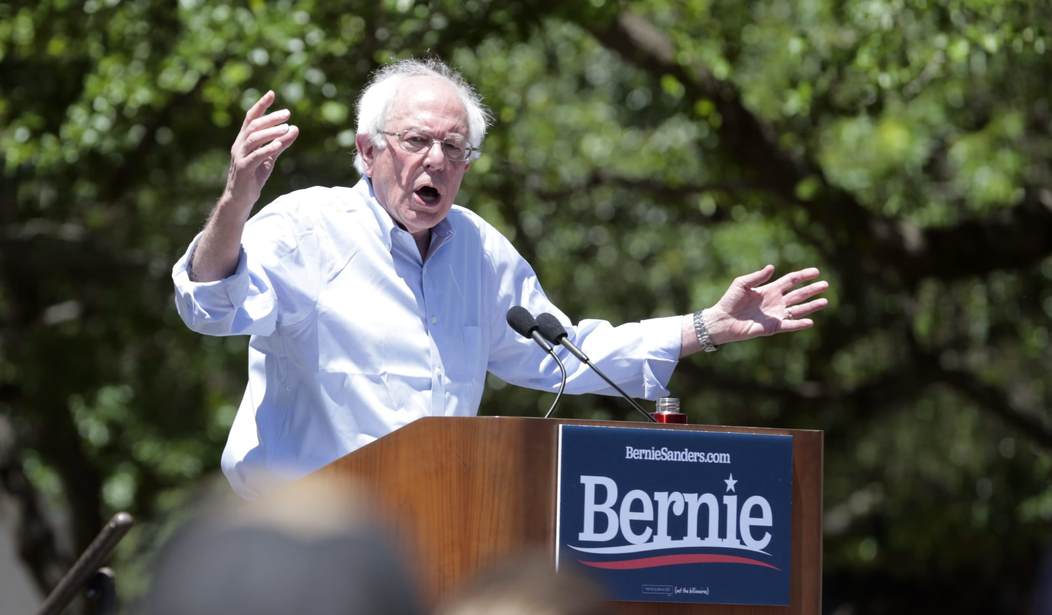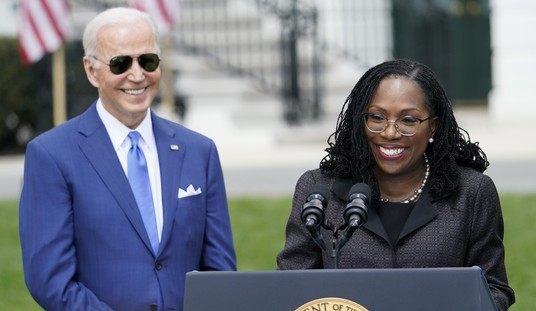Neil Armstrong, the first man to walk on the moon, died Saturday, weeks after heart surgery and days after his 82nd birthday.
Armstrong commanded the Apollo 11 spacecraft that landed on the moon on July 20, 1969, and he radioed back to Earth the historic news of “one giant leap for mankind.” He spent nearly three hours walking on the moon with fellow astronaut Edwin “Buzz” Aldrin.
More as it comes in.
Update: Ed Morrissey adds:
CBS has a longer video from a 60 Minutes profile from several years ago, which I’d recommend. Armstrong’s humility and calm comes through very clearly in his interview with Ed Bradley. CBS also gets the famous first words from man on the Moon correct: “That’s one small step for (a) man, one giant leap for mankind.“ Armstrong said later that the (a) got swallowed up by the transmission, and that the statement was one that underplayed his individual role in the moment while noting the monumental leap it meant for the whole human race.
Many American children grew up idolizing Armstrong, Aldrin, and all of the other astronauts who risked their lives — some of whom paid the ultimate price — in order to push our boundaries into the cosmos. My father worked in the space program for almost 30 years, including the Gemini, Apollo, and Space Shuttle phases, and so perhaps even more than some, I thought of these men as giants. We had the most well-known of them for a very long time, a blessing that perhaps we’ll only appreciate in retrospect.
Armstrong wasn’t a colorful, folksy character like Chuck Yeager, but he had an amazing record as a test pilot, flying the X-15 before his Gemini and Apollo missions. And he had titanium cojones as well, as this anecdote described by Bill Whittle in a memorable edition of PJTV’s Trifecta recalls, in a segment on the modern, sensitive, enlightened NASA that’s working hard to take the man out of manned spaceflight:
Related: Everybody knows this is nowhere.
Update: The future and its enemies, 1969-style, as recounted by Steve Hayward:
By the way, I can’t help but recall that liberals, who had begun the moon program under John F. Kennedy, had turned against it by the time of Armstrong’s first steps in 1969. Here’s how I recalled it in Volume 1 of The Age of Reagan:
Read the whole thing. As I said last year (quoting from additional material from Hayward’s The Age of Reagan), the year before the moon landing — even before its multiple disasters (MLK and RFK shot, the ’68 Democratic convention) — the cultural exhaustion was palpable on the left.










Join the conversation as a VIP Member